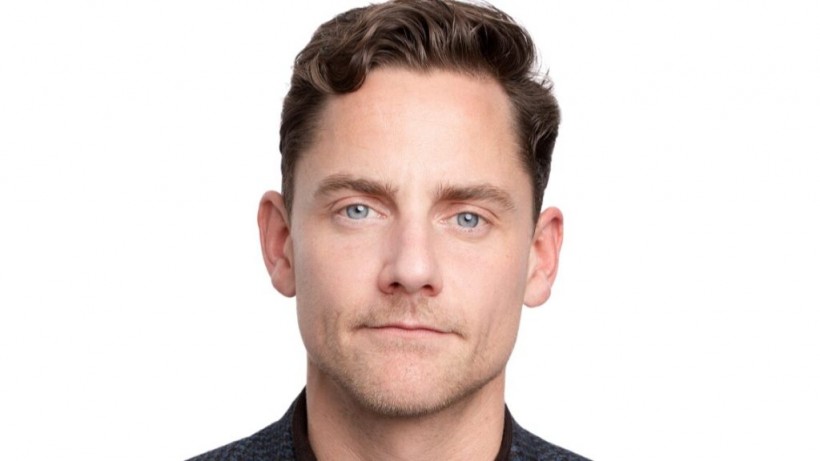Sackville-N.B.-based Community Forests International is launching and seeking investors for its aggregated family forest carbon offsets project which allows individual forest landowners to pool their lands and join carbon markets.
The charity believes the project is the first of its kind in Canada, allowing individual citizens to pool their lands and achieve the economies of scale necessary to access carbon markets.
A carbon offset is a reduction in carbon dioxide emissions typically made in order to compensate for emissions made elsewhere. It’s hoped that carbon offsets could provide the financial support landowners need to protect mature Acadian forests.
The group built its first forest carbon offsets project in 2011, and to date, has protected more than 1,200 acres of mature forest by measuring, quantifying and selling offsets to businesses.
“Forest carbon offsets projects are currently out of reach for small landowners. Individually, they cannot achieve the economies of scale necessary to meet international protocols and access markets,” Zach Melanson, Program Director at Community Forests International, said in a statement. "This project will alleviate the structural and technical barriers landowners face so that they can manage their forests sustainably, while making some returns.”
The group said there are more than 80,000 family forests across the Maritimes. Stewarding these forests for carbon storage could make a contribution to climate change mitigation.
Over the past year, the organization has completed preparatory work on its offsets project, including determining the platform methodology and financial model, and is now seeking investment partners.
The group has created preliminary forest carbon inventories and management plans for ten landowners who collectively manage almost 5,000 acres of land.
“We know that many landowners want to manage their forests with ecological integrity, but overbearing market forces have made it very difficult to do so,” said Melanson.
“If we’re successful, this platform will open up a brand-new revenue stream for landowners. We’re excited about this approach because it involves everyday people solving the climate crisis — the most important challenge of our time.”
The project is supported by the Investment Readiness Program, which is funded by the Government of Canada’s Social Innovation and Social Finance Strategy.
“The scope of their work highlights the impact of these types of investment and the potential of social finance investing moving forward,” said Harry Daley, Director of Community Investment and Learning at the Saint John Community Foundation.








